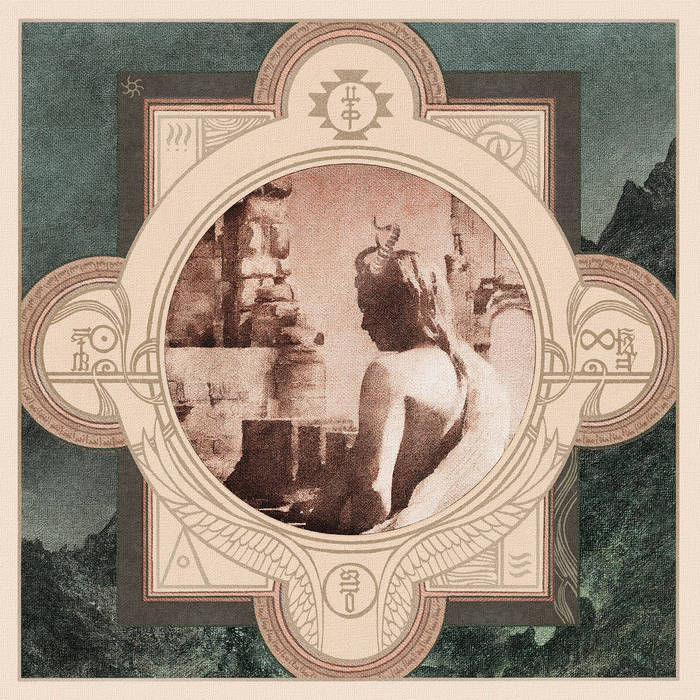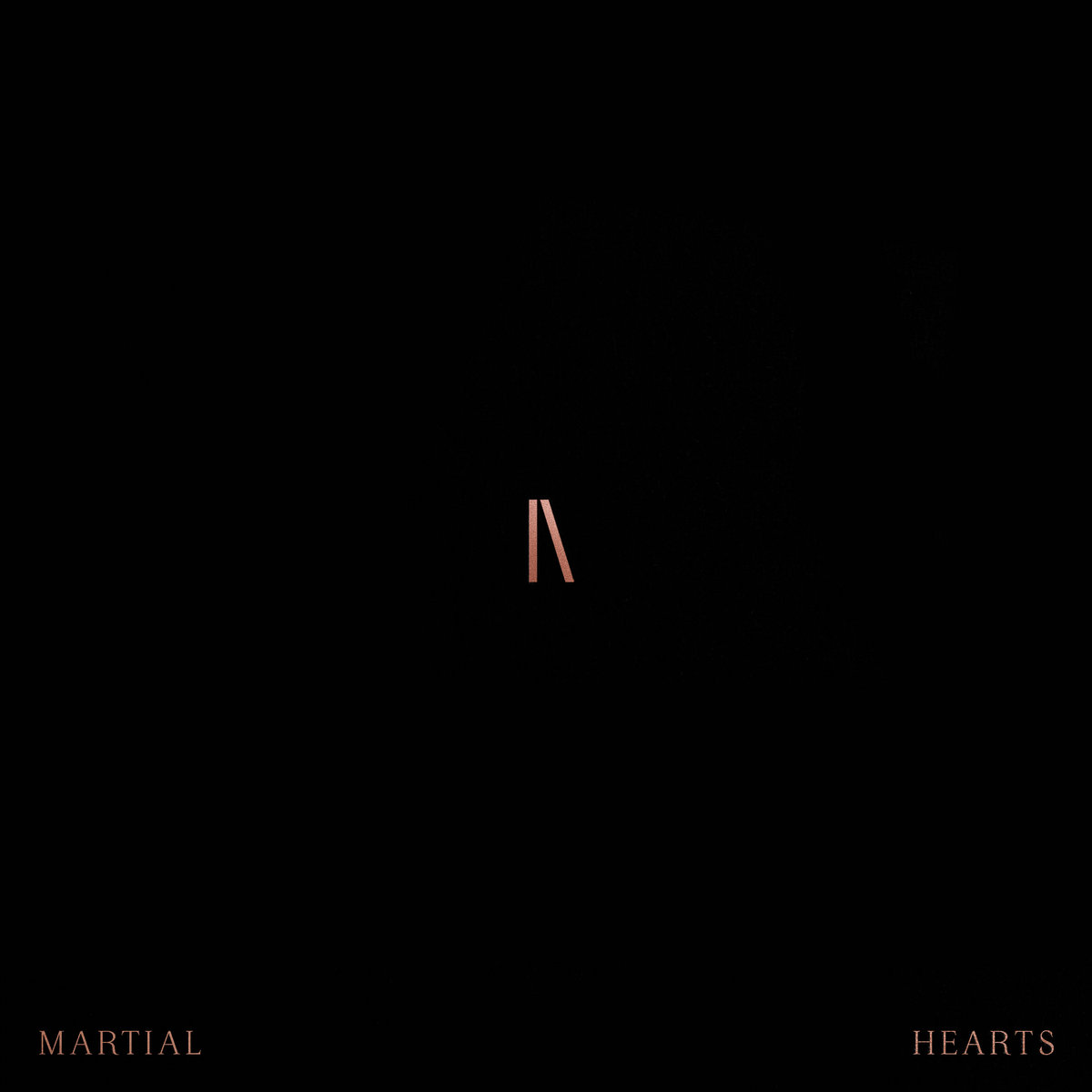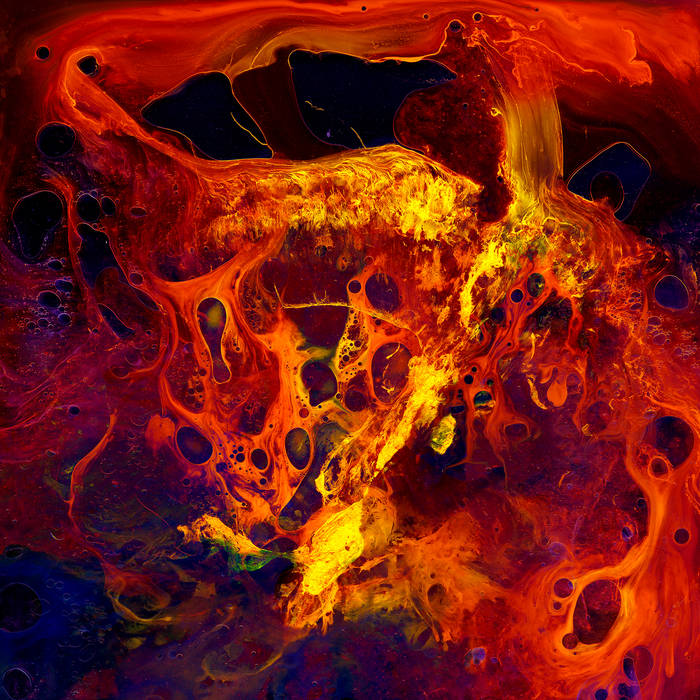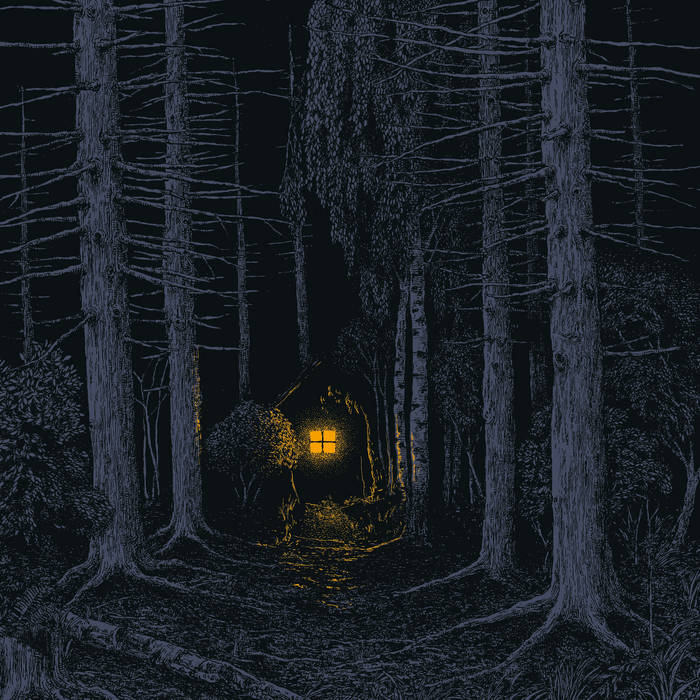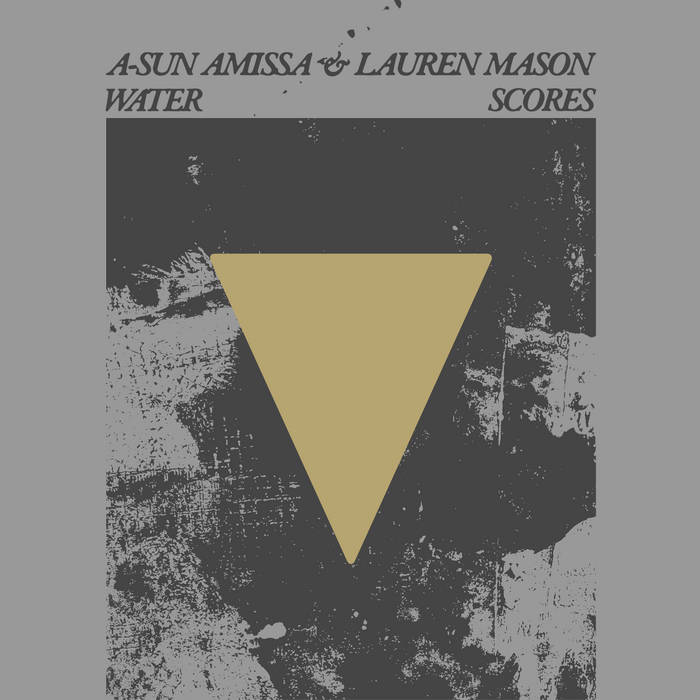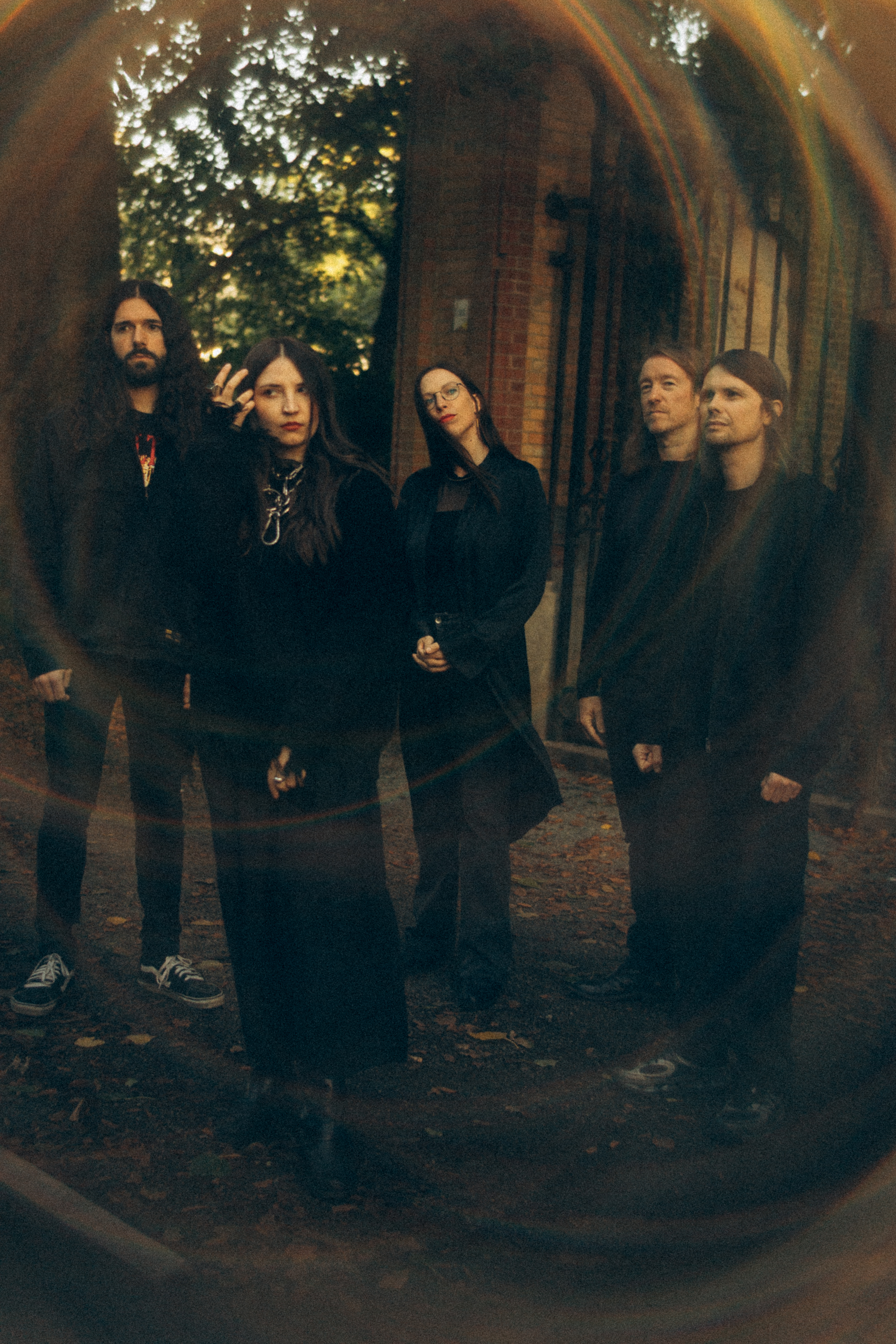A German Black-Metal band searching for their own sound, trying to navigate the traps between The Ruins of Beverast, Ultha and Krater and finally – succeeding: That is Fyrnask as they show on their fourth full-length VII – Kenoma
If there is one rule for successful modern-style Black-Metal it might be the following: Don’t be afraid! Of the Dark and of the many people, who will try to tell you that everything you do, is wrong!
There is something about VII – Kenoma that is really, really interesting. The sound, the production and even the songwriting. The band is able to incorporate highly ambitious and atmospherically-dense parts into a sound-universe that might keep you pushing repeat. Let’s look at the smaller things that make the record really interesting: The miniature marching-drums at the beginning of the second track ”Sjodhandi blodh”, the sheer amount of time elapsing before the opening track ”Hraevathefr” really sets in, the sheer audacity to end the album with a five-minute long female chant named ”Blotgudh”. The reader might notice that Fyrnask are really good at opening tracks and ending them, here they are at their best: Constructing a setting, an atmosphere, a story. One might envision some old Celtic druids standing amidst Dun Aengus on the sheer jaw-dropping cliffs of Inis Mór with their people behind them looking out to the rough and wind-struck sea, chanting to save their clan. Well, of course, the band is from Germany, but there is not real German cliff to serve that purpose, so let’s transfer the setting towards something like Inis Mór, the end of the world. The raging guitar riffs trying to out-duel or out-perform its predecessor with some very good drumming somewhere between a march, some industrial side-kicks, some well-timed blastbeats and some long pauses. Especially the later are highly welcome so that the noise lying and lurking underneath all tracks and all parts can step to the front for just a moment. However, sometimes I have the notion as if some of the druids are drunk, because their singing and growling sounds (at times!) too much like Viking Metal focused too much on rhythm and not enough on the urgency of the story.
Because that is something that doesn’t become clear enough with the VII – Kenoma: the story dealing with the “Musibatname” (Persian for “Book of Suffering”), a book by a 13th century poet. The book deals with theodicy (the idea of how to justify the existence of a God) and the mystic question of how can an omniscient and omnipotent God exist if we experience so much pain and injustice here on this planet – even though everyone says that he is merciful and good? A question as old as human thinking and trying to see “the beyond” in the inevitable fate of death. Maybe the lack of lyrics is just the reason why the author of these lines cannot answer the efficiency of the combination of lyrics and vocals.
One should not underestimate this record, it is better than our first notion might think. If you open up to trying to see the musical value, then you will rewarded with a highly-ambitious, dynamic and really well-planned and very powerfully executed Black Metal album. Definitely not your everyday, ten-a-dime Black Metal output (which also becomes clear, when realizing that it’s been five years in the making). VII – Kenoma is an enchanting album that can grip you and spellbind you, just like the druids on Dun Aengus tried to put a spell on the rough sea trying to find a compromise between Mother Nature and the people living on those pure rocks at the edge of the world.

